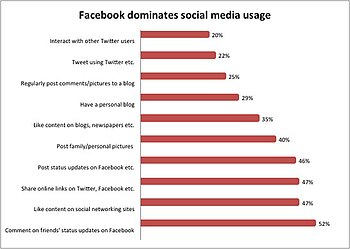Most students believe that they can study effectively whilst simultaneously watching TV, checking Facebook and responding to every ridiculous interruption that appears on their phone.
They can’t.
 We live in an age of interruption. Ping – you have a text message. Ping – you have a new email. Ping – you have a Facebook friend request. Ping – you have a match on your online dating app. Ping-ping-ping, all day long.
We live in an age of interruption. Ping – you have a text message. Ping – you have a new email. Ping – you have a Facebook friend request. Ping – you have a match on your online dating app. Ping-ping-ping, all day long.
A recent Gallup poll found that more than 50 per cent of Americans who own smartphones keep their phone near them “almost all the time during waking hours”. Over 50 per cent say check their smartphone at least several times an hour and 11 per cent say they check it every few minutes. And that’s just what they’re aware of and admit to – I would not be surprised if the real frequency and intensity is much higher.
Until relatively recently in our technological history we did not have a lot of content coming to our devices. Now, we have texts, all kind of notifications and what seems like an endless stream of both personal and work emails. And it’s not just our phones. How many times have you been at your computer working on something when you get an email notification? And of those instances, how often did you stop what you’re doing to look at your email, realised that it was not that important and returned to your work – after taking a few minutes to remind yourself where you were and what your train of thought was?
At this point, it should be painfully clear to everyone that we need to be worried about the interruptions economy. What value do interruptions provide, under what conditions, and what are their costs? A little ping may seem innocuous, but there is cumulating evidence that the cost of an interruption is higher than we realise, and of course given the sheer number of interruptions, their combined effect can very quickly become substantial.
Source: Why you should turn off push notifications right now













